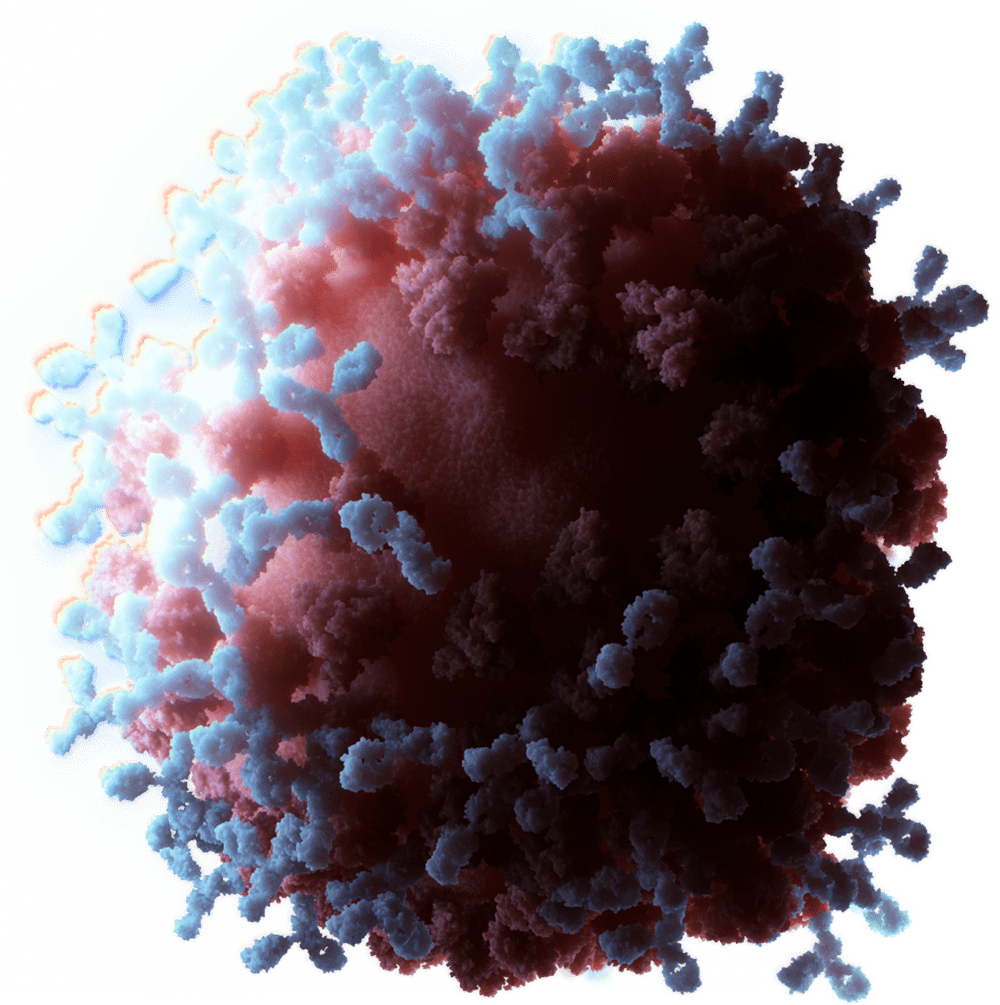The Department of Biochemistry was established in 1950 in the newly founded School of Medicine. The first chairman was Hans Neurath. By 1965, the department had grown from 5 faculty members to more than 20 faculty members housed in 35,000 square feet of the newly constructed J-wing. In 1983, a sixth floor was added to accommodate laboratories for four of our faculty (Drs. Glomset, Hurley, Krebs, and Palmiter) affiliated with the Howard Hughes Medical Institute (HHMI). In 1995, the contiguous $70 million K-wing was completed to provide new laboratories for several of our faculty (Drs. Hol, Klevit, Stenkamp, Verlinde, and Merritt) as well as other research programs in molecular medicine.
Since the founding of the department, biochemistry has advanced faster, and has assumed a more central role in biological research, than could ever have been imagined. The department has grown accordingly in size and strength. New faculty have joined us while others advanced to positions elsewhere.
Six current faculty and one former faculty member have been elected to the US National Academy of Sciences, one is a Fellow of the British Royal Society, and a dozen former faculty members and graduates now chair biochemistry departments elsewhere in the United States. Two of our emeritus faculty, Drs. Krebs and Fischer, shared the 1992 Nobel Prize in Medicine for discovering the regulatory role of protein phosphorylation. A former student, Dr. Martin Rodbell, shared in the 1994 Nobel Prize for his discovery of the role of G-proteins in signal transduction.
The pursuit of excellence, a dedication to research, and a spirit of collegiality and friendship continue to be hallmarks of the department. Our innovative research programs are supported by awards totaling over $19 million annually from the National Institutes of Health (third among departments of biochemistry nationwide), and by significant additional support from the National Science Foundation, the Howard Hughes Medical Institute (HHMI), and other funding agencies. Overall, the University of Washington receives more than $441 million annually in NIH funding, second only to Johns Hopkins University. Ongoing interactions with the local biotechnology sector include the creation in 1993 of the endowed E. W. Davie/ZymoGenetics Chair honoring one of our senior faculty, Dr. Earl Davie, who cofounded the ZymoGenetics Corporation of Seattle.
